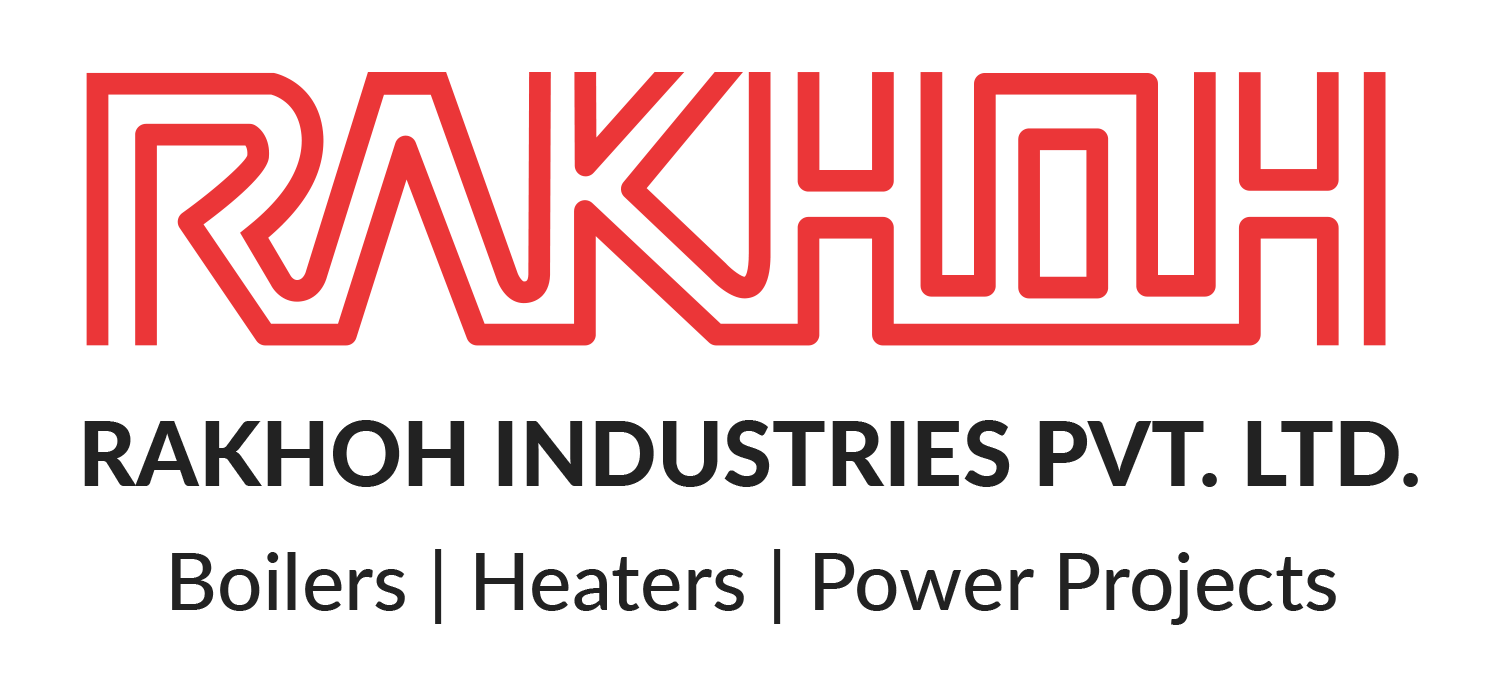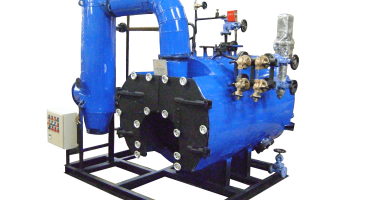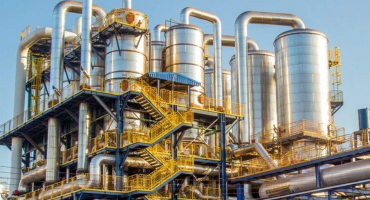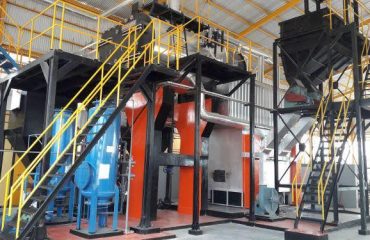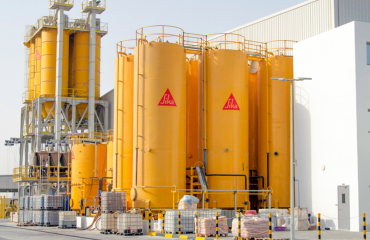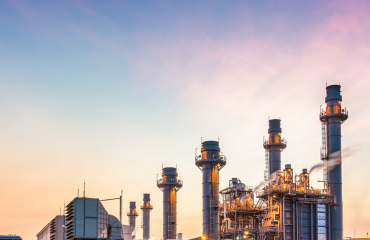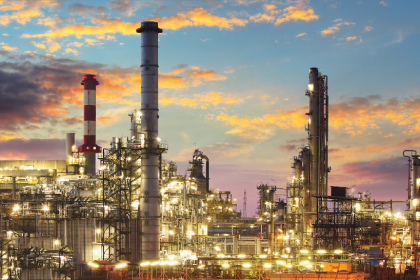
Steam boilers are imperative equipment in almost every process industry, be it pharmaceuticals or chemicals, or food processing. Boilers are undoubtedly a major asset in any industry that serves the facilities for many years. It can be concluded that the quality of the boiler represents the quality of the final product that is processed. It is necessary to ensure that the steam boiler is functioning properly and delivering the optimal outcome. Regular boiler maintenance is of utmost importance to ensure the active functioning and safety of the boiler. Following a maintenance schedule can make a huge difference in accelerating the boiler efficiency and lifecycle and preventing breakdowns and excess cost for the wear and tear of the boilers.
Importance of Boiler Maintenance in Process Industry:
Although boiler maintenance contracts will be an excess cost to the industry, it is worth the outcomes and advantages ensured with such regular programs. One of its primary benefits is the prevention of boiler failure that may result in substantial loss. Some of the significant advantages of boiler maintenance are as follows:
- Higher Safety and Reliability of Boiler and its equipment
- Low Replacement Costs
- Anticipated Downtime for Maintenance
- Saving of Water and Fuel
- Higher Energy Efficiency
- Reduced Emission
Apart from these benefits, there are three crucial reasons to adopt a boiler maintenance program to enhance the overall efficiency and performance of the steam boiler.
Monitoring the Water Quality:
The water quality directly impacts the boiler efficiency. In other words, water containing impurities or oil can result in low-quality steam. It may also cause wet steam and an inadequate operational cycle leading to energy loss and high operating costs. The boiler maintenance program includes the chemical testing of water quality under expert guidance that indicates the quality of water to prevent corrosion, scaling, and other issues. It can affect the efficiency and the lifespan of the boiler.
Proper Boiler Blow Down:
Blowdown is the process of draining the water from the boiler in regular intervals to remove the sludge accumulated at the bottom of the boiler. The dissolved solids in water cause poor water quality that increases corrosion and scaling. Blowdown is essential in a boiler maintenance contract, and it is advisable to seek the measures of performing blow down as per the boiler requirement.
Proper Insulation:
Insulation is essential to ensure efficient and safe boiler operations. The amount of required insulation, the material of the insulation, and the range of insulation depends on the pipe size and its operational temperature. The boiler maintenance program assesses insulation by inspecting the piping, boiler surfaces, and fittings.
Fiberglass, Cellular Glass, Mineral fiber, and Calcium Silicate are the most commonly used insulation materials in steam boilers.
Practices to Follow for Boiler Maintenance:
Periodic boiler maintenance ensures the smooth functioning of the boiler system. Here are some of the techniques that can be carried for the proper maintenance of steam boilers
Daily Maintenance:
Some basic activities can be performed daily by the operating staff for maintaining the quality of boiler performance. Such practices include:
- Maintaining a Boiler Log/Record to note daily operation activities and metrics like flue gas and operating temperature, water level, consumption of fuel, gas pressure, etc.
- Monitor the water level in the boiler and the steam pressure in the boiler
- Conduct a bottom blowdown
- Conduct a water column blowdown
- Inspect the pressure and temperature of the boiler to determine its capability to handle the load
- Assess the stack temperature to ensure the boiler efficiency
- Monitor pressure level and the downstream pressure
- Check through sight port for any soot accumulation
- Ensure the proper functioning of the other boiler equipment
Weekly Maintenance:
Weekly maintenance of boiler is time-consuming yet important and involves inspection on one day of the week of the following practices:
- Check the burner positioning and the burner shut off
- Conduct an evaporation test to determine the control and burner shut off when the water reaches a low level
- Inspect the functioning of fuel supply valves
- Check the proper functioning of alarms
- Check the motors in the boiler to ensure their proper functioning without excess vibration and noise.
- Check the high-pressure and low-pressure switches
- Conduct a thorough checking of leakages of flue gas, water, steam, and fuel
Monthly Maintenance:
Here are the few things that must be inspected once a month by a technician:
- Check the burner pilot assembly to ensure its positioning and cleaning
- Check the burner diffuser to determine deformation such as cracking or burning
- Inspect air dampers to prevent the accumulation of dirt
- Check the boiler exterior for any indication of any hot spot that can be dangerous
Annual Maintenance:
Annual maintenance is conducted yearly under the guidance of qualified experts that inspects the following:
- Inspection and cleaning of fireside surfaces and chimneys
- Assessment of burner refractory material and manhole gaskets
- Checking of system valves and safety valves
- Inspection of burners and fuel oil levels
- Gauging all operating controls
- Assessment of other boiler equipment
Tips to Ensure General Boiler Maintenance:
- Ensure that boiler, burner, and boiler room are clean
- Avoid closing vents that supply air to the boiler room
- Repair leakages immediately
- Prevent foaming and priming and contact the boiler manufacturer in case of serious issues
Since its inception in 1983, Rakhoh Boilers have achieved an excellent reputation as a world-class boiler manufacturer and boiler service provider. With the expertise and experience of more than 38 years, Rakhoh Boilers are the preferred brand for industrial steam boiler and boiler services such as Annual Maintenance Contract, Energy Audit, Steam Trap Assessment, Boiler Automation, and many more.
